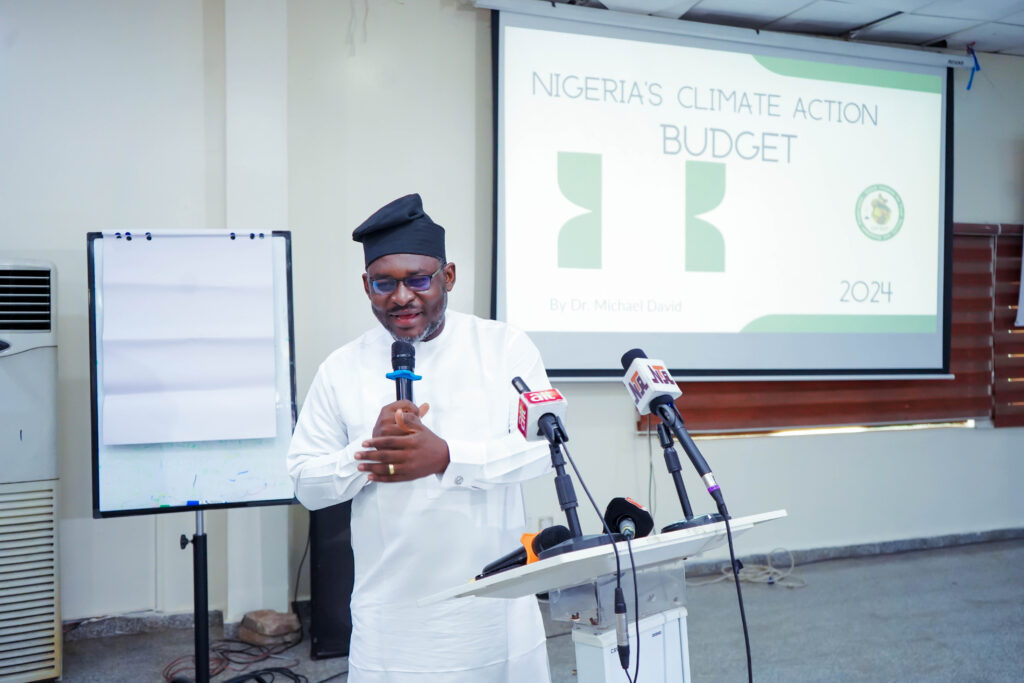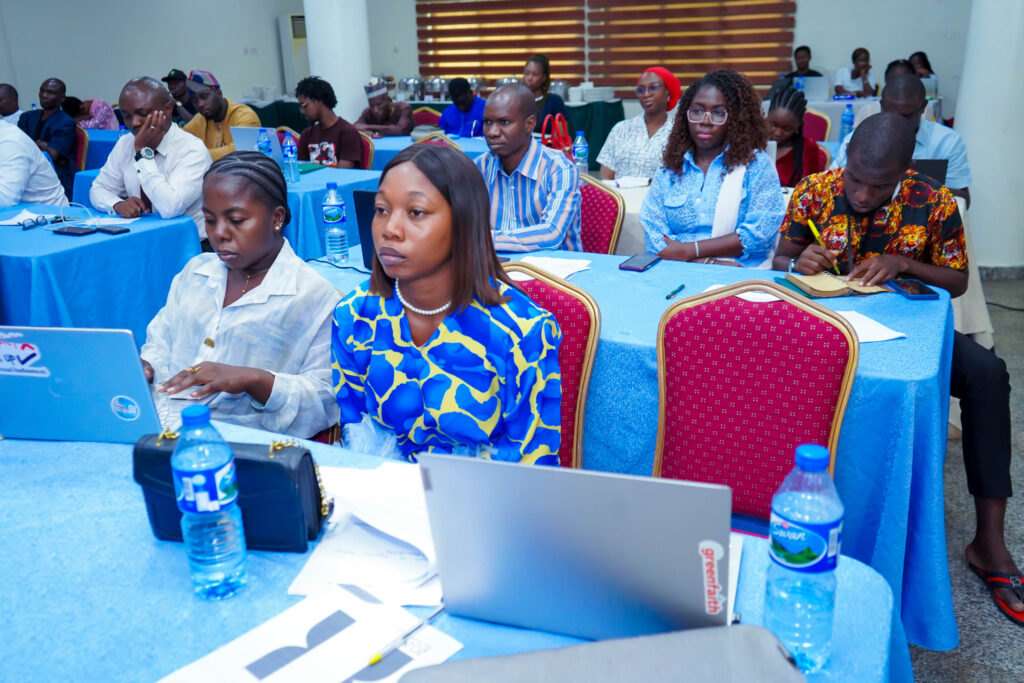Citizens often look forward to bold announcements from the ruling class, especially those with economic implications. This anticipation extends to environmental and climate observers, who keenly watch for decisive actions impacting the climate. One such announcement came with the removal of fuel subsidies on President Tinubu’s first day in office, a move that contributed to reducing emissions from vehicles nationwide. However, further bold climate actions were not forthcoming until when the government announced its commitment to making the country’s economy greener in the lead-up to COP28 of the United Nations Framework Convention on Climate Change (UNFCCC).
In light of the government’s pledge to create a greener economy, our team reviewed Nigeria’s 2024 Budget to assess the nation’s commitment to climate action and its economic strategy for driving these initiatives. The budget analysis revealed that only 5% of the budgets of the selected 20 ministries were allocated to climate action in the 2024 Appropriation Act.

A closer look at the distribution of the climate budget, categorized according to the Nationally Determined Contributions (NDCs), revealed the following allocations:
- Food Security: 49%
- Renewable Energy: 37%
- Erosion Control: 4.89%
- Research: 2.62%
- Waste Management: 0.21%
The emphasis on food security and renewable energy reflects the government’s recognition of these areas as critical to mitigating climate change and building resilience. However, the minimal allocations for erosion control, research, and waste management suggest that more comprehensive strategies may be needed to address the full spectrum of climate challenges facing Nigeria.

Experts and advocates deliberated on these findings on April 18, 2024, at an event organized by the Global Initiative for Food Security and Ecosystem Preservation (GIFSEP) in Abuja, Nigeria. During the deliberations, environmental experts and climate advocates debated the adequacy of these allocations and called for a more significant commitment from the government to ensure that all areas critical to climate action receive sufficient funding.
The focus will now be on how effectively the government can implement its budgetary allocations and translate its climate commitments into tangible actions. Nigeria’s approach to climate action will be closely monitored, with the hope that it will set a precedent for more ambitious and holistic environmental policies in the future.
